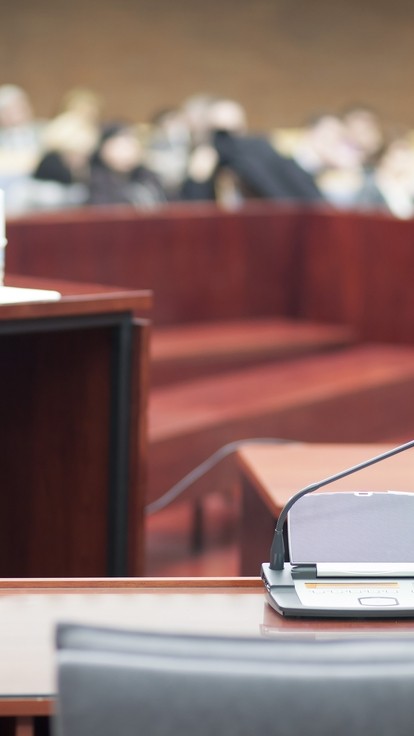Fundamental dishonesty – a step in the right direction for defendants…

Details
The recent High Court decision in Sinfield -v- London Organising Committee of the Olympic and Paralympic Games (in Liquidation) sets out the correct approach to dismissing personal injury claims for fundamental dishonesty under section 57 of the Criminal Justice and Courts Act 2015.
This is a step in the right direction for defendants where parties exaggerate elements of an otherwise genuine claim.
Claim details
The claimant was injured whilst working at the 2012 Olympic and Paralympic Games. The defendant admitted liability in full. The claimant’s schedule of loss included a large claim (approximately £14,000) for a gardener to look after his two acre garden, a task which he and his wife had previously been able to do.
During the course of the litigation it came to light that the gardener employed had been working for the claimant and his wife since 2005 and the work did not change as a result of the accident. It transpired that the gardener’s invoices disclosed as evidence in the case were not legitimate and had not come from the gardener. The claimant later admitted to creating the invoices himself.
High Court decision
The initial decision found that the claimant’s dishonesty did not taint the whole claim and awarded the claimant damages. The defendant appealed to the High Court which provided clear guidance on fundamental dishonesty.
Mr Justice Julian Knowles held that a ‘claimant should be found to be fundamentally dishonest (within the meaning of section 57(1)(b)) if the defendant proves on a balance of probabilities that the claimant has acted dishonestly in relation to the primary claim and/or a related claim, and that he has thus substantially affected the presentation of his case, either in respect of liability or quantum, in a way which potentially adversely affected the defendant in a significant way, judged in the context of the particular facts and circumstances of the litigation’.
He highlighted that the trial judge found that the largest head of damage was evidenced by the dishonest creation of false invoices and by a dishonest witness statement. Both pieces of dishonesty were premeditated and maintained over many months.
Mr Justice Knowles took into consideration that the greater part of the claim might be honest. In addition, he had to consider if it would be substantially unjust to dismiss the whole of the claim.
He held that something more was required than the mere loss of damages to which the claimant is entitled to establish substantial injustice. He found that parliament had provided that the default position is that a fundamentally dishonest claimant should lose his damages in their entirety, even though they are properly entitled to some damages. Section 57(3) would be superfluous if the mere loss of genuine damages could constitute substantial injustice.
The claimant’s claim for damages was dismissed in full and he was ordered to pay a contribution to the defendant’s costs losing QOCS protection. This is a clear warning to claimants and a welcome approach for defendants.






